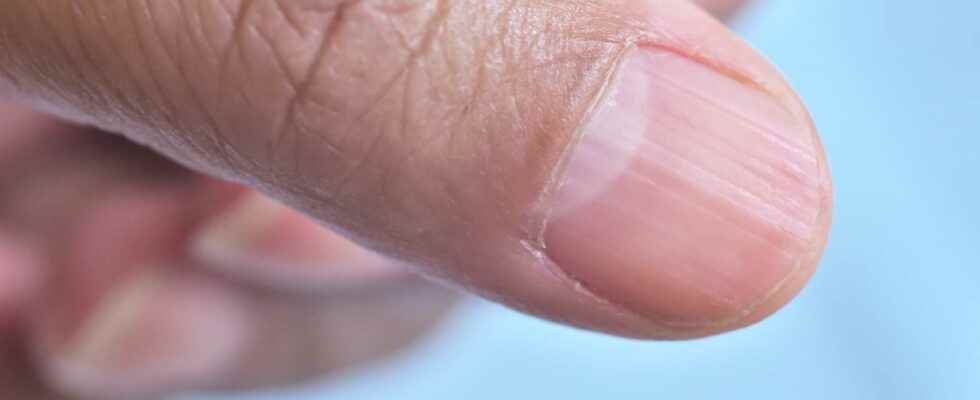You will also be interested
[EN VIDÉO] Whooping cough, a disease that is still too often fatal Whooping cough is one of the most difficult diseases to eliminate. It can become fatal in some cases, if it infects fragile people such as infants and seniors. The Institut Pasteur is therefore working on a daily basis to find solutions that would eradicate the disease. Nicole Guiso, head of the National Reference Center for whooping cough and other bordelloses, tells us about it during this interview.
A 44-year-old woman gives birth to a baby weighing almost 4 kilos per caesarean section in an English maternity hospital. Her pregnancy went smoothly and the baby seems healthy. But doctors quickly notice that something is wrong with the infant’s hands and feet. Indeed, all his toes are devoid nail and are smaller than normal. And on the hands he lacks thenail of the little finger of the right hand and that of the ring finger of the left hand. On the fingers where the nail is present, there is no anomaly.
When there is skin instead of nails
This infant has a rare sickness, very rare even – only about twenty cases are described in the scientific literature – which deprives, partially or totally, the affected people of their nails on the feet and hands. The absence of nails is called anonychia and, in the case presented here, is in all likelihood of genetic origin, but the parents did not wish to do the genetic tests to confirm it. The disease is more common if both parents are from the same family, which is not the case here.
Indeed, congenital anonychia is linked to the presence of a mutation in the embarrassed rspo4 located on the chromosome 20. The protein encoded by this gene serves as a signal in many signaling pathways. It seems that this mutation is transmitted by an autosomal recessive way, that is to say that a single copy of the mutated gene is sufficient to induce the symptoms. There are also dominant forms, where both copies of the gene are affected, and in which all nails hands and feet are missing. Anonychia can also be one of the symptoms of more complex diseases or can appear after infection, trauma, or skin disease, symptoms that do not have a genetic origin. Congenital anonychia does not cause other health problems besides the absence of nails that can be compensated by the installation of false nails.
Interested in what you just read?
